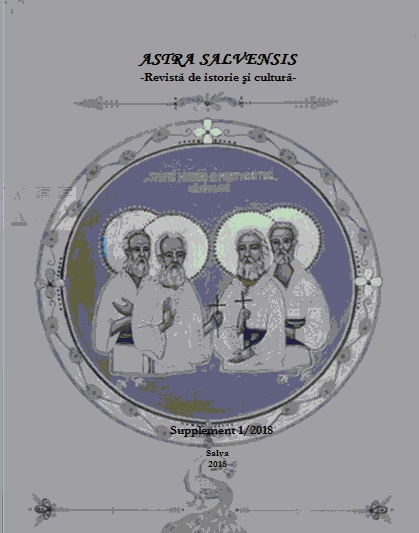Project-Based Learning in the System of Higher Education
Project-Based Learning in the System of Higher Education
Author(s): Anna Klyoster, Vladimir V. Elkin, Elena MelnikovaSubject(s): Social Sciences
Published by: Asociaţiunea Transilvană pentru Literatura Română şi Cultura Poporului Român - ASTRA
Keywords: project-based learning; international telecommunication project; roadmap; linguoculture; internationalization of a discipline; online consulting;
Summary/Abstract: This article describes the practice of using project-based learning in the system of higher education. This method has a long history, but its reasonable balance between academic knowledge and pragmatic skills remains relevant and effective at the present time. The proposed international telecommunication project "Congratulations and wishes in national linguocultures" is a modern format of educational project activity which aims at forming a number of competencies among students, including linguistic, regional, cultural, computer, project, and management. The presented project, based on the use of modern electronic educational resources in conjunction with the linguistic communication skills of students, can cover the audience of many thousands of project participants in different parts of the globe. The versatility of the communicative situation of this project allows one to design the project activity in diametrically opposite directions, using similarities and differences in the language and conceptual representation of congratulatory formulas and wishes. This project contributes to the formation and improvement of skills refined in foreign language classes, inspires participation in global social processes taking an active civil position, creates prerequisites for the internationalization of both the discipline and the entire module of the curriculum, meets both the official requirements of state educational standards, and the practical needs of the teacher in classroom and extracurricular work. The very specificity of this project assumes active use of the results obtained both in the everyday practice of communication between native speakers representing a homogeneous culture and in the aspect of interpersonal intercultural communication, forming positive trends for linguistic and cultural adaptation in a foreign society for representatives of diverse cultures. In particular, the results of the implemented project can find application in the course of adaptation language courses for forced migrants in the process of their language adaptation and social integration.
Journal: Astra Salvensis - revista de istorie si cultura
- Issue Year: VI/2018
- Issue No: Sup. 1
- Page Range: 691-698
- Page Count: 8
- Language: English

